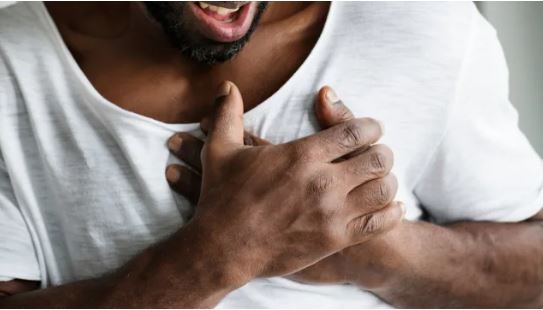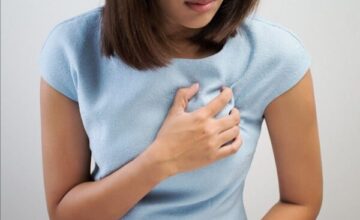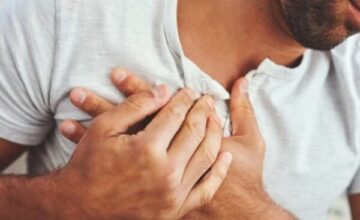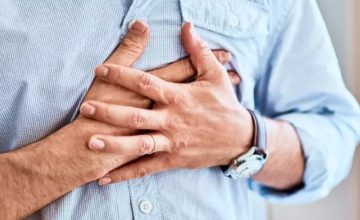
Getting a heart attack can leave anyone helpless and hapless.
However, if you and people around you are already aware of the first aid steps to follow, you may just save a life.
Heart attacks can happen suddenly due to a lack of blood to the heart. Quick action will give treatment the best chance of working.
Here’s how to survive a heart attack or help someone who is having one.
1. Know the symptoms
Dr. Grant Reed, an interventional cardiologist and director of Cleveland Clinic’s STEMI program, says, “The No. 1 indicator of how well you’re going to do after a heart attack is how fast you recognize your symptoms.”
Apart from the classic chest pain/discomfort/pressure symptom, heart attacks can present differently in men and women, and in people with certain pre-existing health conditions, such as diabetes. Some of these include bad indigestion or nausea, extreme fatigue, shortness of breath, and feeling generally unwell.
2. Call an ambulance, no matter what
Doctors recommend that if you feel any of the above symptoms, even if you aren’t sure that it’s a heart attack, you should nevertheless call an ambulance immediately.
A lot of patients ignore their symptoms, and so by the time they come to the hospital, their heart muscle has already died, Dr. Grant Reed adds. There’s a strong relationship between when you start to have your heart attack and how fast doctors can open up the blocked coronary artery that’s causing it. The shorter the time, the better the outcomes.
3. Take aspirin
If you’re having heart attack symptoms and have access to aspirin, Dr. Joel Beachey, a cardiologist at Mayo Clinic Health System in Eau Claire, Wisconsin recommends taking a full dose of 325 mg after calling the ambulance. If you have baby aspirin, which comes in an 81 mg dose, take four of those.
Taking aspirin can help break down some of that blood clot which forms inside your arteries, which blocks the blood flow in the artery during a heart attack. Doctors also recommend chewing it instead of swallowing, so that it gets into your system faster.
4. Don’t drive yourself or others to the hospital
If you think you’re having a heart attack, immediately call an ambulance instead of driving yourself to the hospital. You may lose consciousness and hurt yourself or others on the road, which is why it is best to not take the wheel.
In case someone around you suffers a heart attack, it is better to call an ambulance instead of driving them yourselves as you may not be able to help them if their symptoms worsen on the way. Plus, you could get distracted from driving properly and might risk an accident.
Ambulances are also helpful in the sense that the paramedics in the ambulance can provide the best and fastest care on the way to the hospital, including some treatment.
5. Begin CPR if the person is unconscious
If the person having a heart attack isn’t breathing or you don’t find a pulse, begin CPR (Cardiopulmonary resuscitation) to keep the blood flowing. Make sure you call for emergency medical help first and then begin the CPR. The hands-only CPR requires you to push hard and fast on the center of the person’s chest in a fairly rapid rhythm — about 100 to 120 compressions a minute — until the paramedics arrive.




